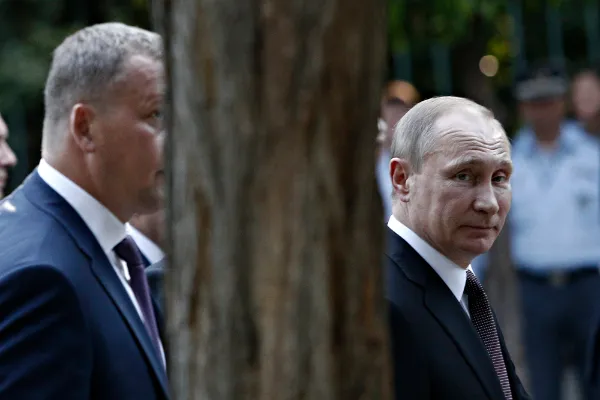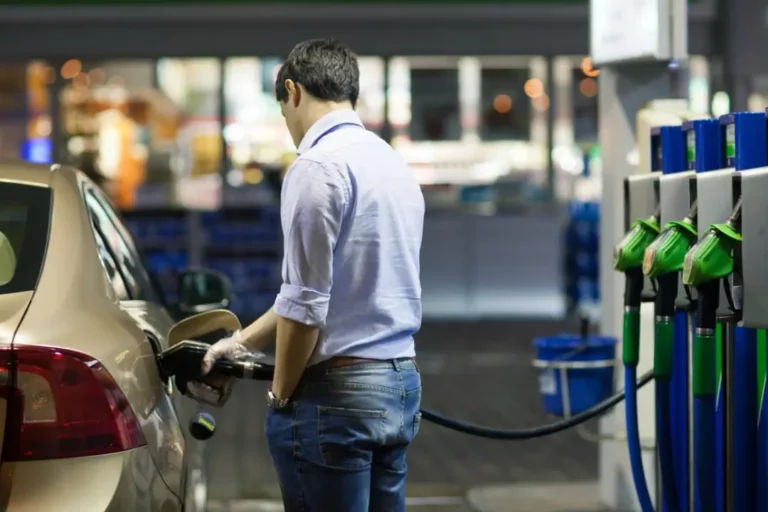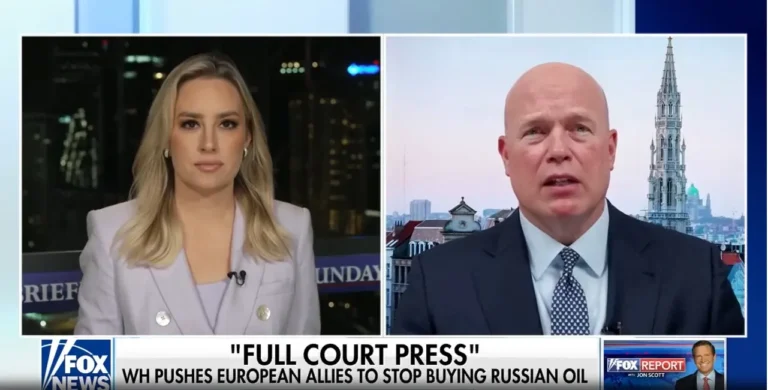Russia
Russian, Chinese hackers leaked Tisza supporters’ data? PM Orbán’s challenger, Péter Magyar, changes strategy

Romania could soon become a new gas power, with Hungary playing a key role

Trump says Orbán requested exemption from Russian oil sanctions – Here’s how Washington responded

Here’s when PM Viktor Orbán will meet Donald Trump

Did Putin lie about his age, parents, and citizenship? Strange gaps in his biography may finally be explained

Russian plane intercepted again over the Baltic Sea

PM Orbán: Europe much stronger than Russia, we have nothing to be afraid of

FM Lavrov gives interview to Hungarian pro-government Youtube channel – Video

Zelenskyy: Ceasefire plan ready within 10 days

Hungary faces sharp fuel price increases – here are the reasons why

Washington turns up the heat: Hungary under fire for Russian energy reliance

Russia tests hypersonic weapon: Putin says the nuclear-powered missile is unmatched

“Budapest will be ours too”, says Russian propagandist after anniversary of Hungarian revolution

Op-ed: The quiet confrontation between Washington and Moscow — From Ukraine to Iran

Hungary’s new energy plan quietly redefines Russia as a risk

Scandal: Former altar boy speaks out about ties between Hungarian Deputy PM Semjén and Russian church leader accused of sexual harassment

Why the West refused to help Hungary during the Hungarian Revolution of 1956

Peace in business? Russians and Americans unite to supply Paks with nuclear fuel





 ZH
ZH IT
IT DE
DE HR
HR NL
NL FR
FR JA
JA RO
RO RU
RU ES
ES TR
TR
